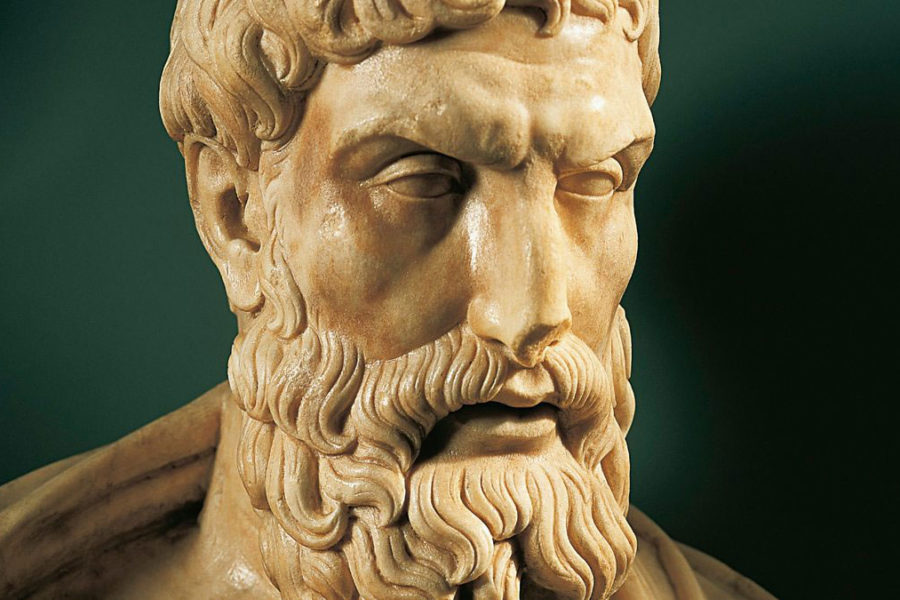I am often asked how I came up with the name “Epicurean Exchange” Epicurean is defined here. The “exchange” came from my previous work with young people through international cultural homestay programs.
Dictionary: Ep•I•cu•re•an: adj. fond of or adapted to luxury or indulgence in sensual pleasures; having luxurious tastes or habits, especially in eating and drinking.
Epicurus, an ancient Greek philosopher (341-270 BC); founder of the Epicurean school, which held that the goal of man should be a life characterized by serenity of mind and the enjoyment of moderate pleasure. For Epicurus, the purpose of philosophy was to attain the happy, tranquil life, characterized by peace and freedom from fear; the absence of pain, and by living a self-sufficient life surrounded by friends.
As they say, “everything in moderation…”
Modern accepted use of the terms epicurean and Epicureanism refers often to the appreciation of, and indulgement in, good food (gourmet), luxury, hedonism, and sensual pleasure. This strays significantly from the original philosophic intent of Epicureanism. The philosophy indeed elevated pleasure and happiness as the most worthy pursuit, but specifically warned against fine food and frequent sex, for it could lead to dissatisfaction later. Instead, the goal was a long-term pleasure, marked by serenity and temperance, achieved through moderation rather than indulging. Modern senses of gourmet, luxury, hedonism, sensual pleasure and lust are mostly in contrast with the original ancient teachings.
Image: BBC World Service







